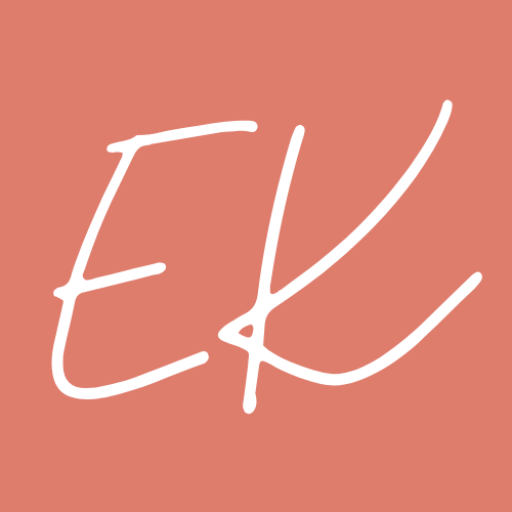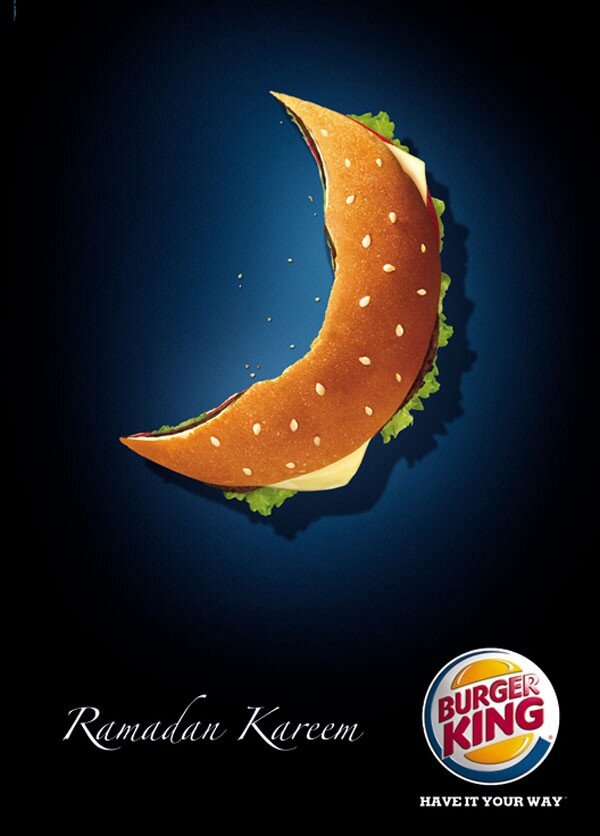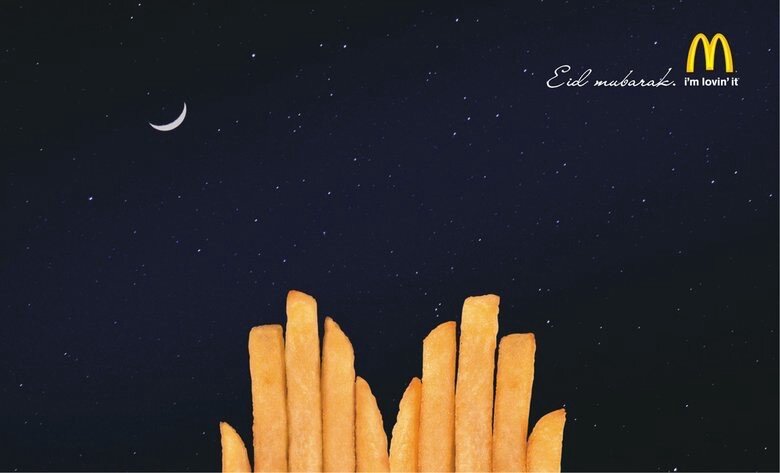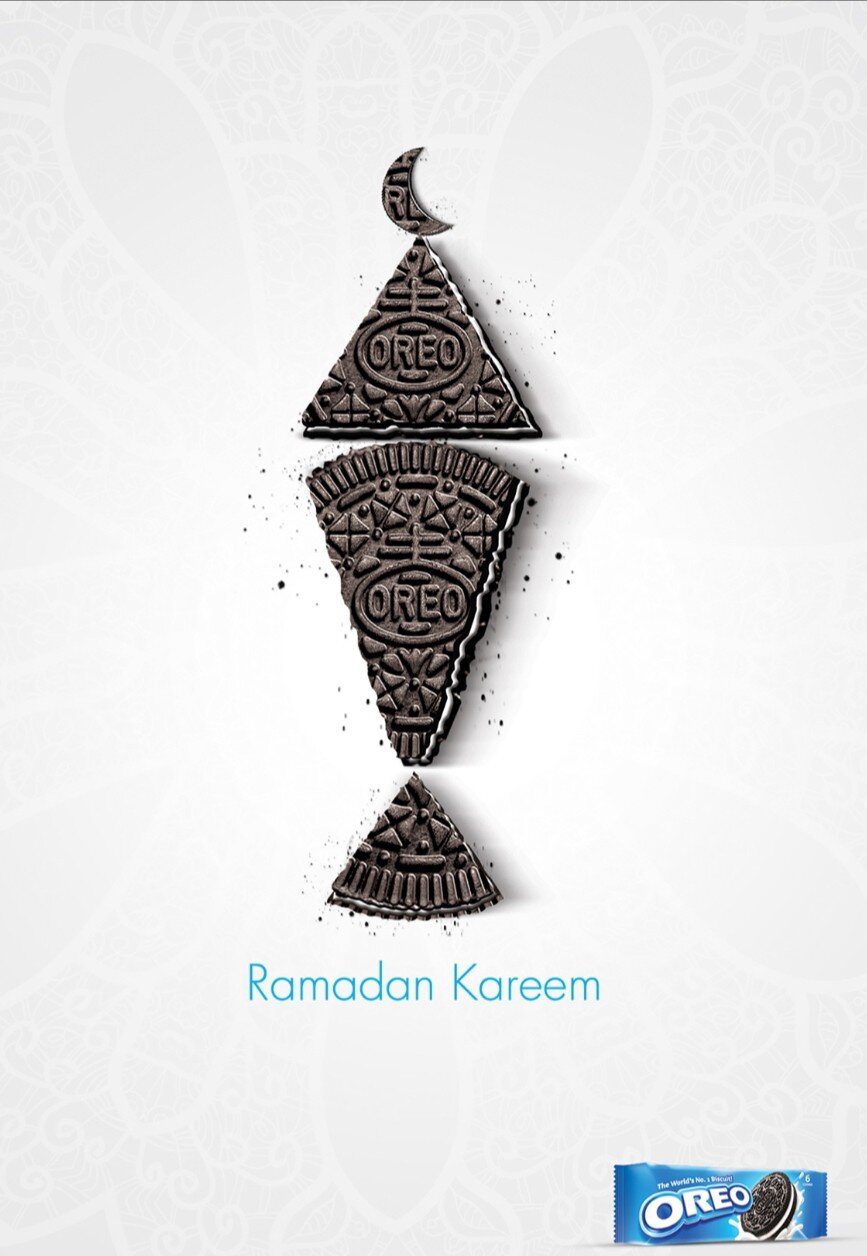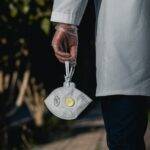Ramadan is the holiest month in Islam and it is starting on 24 April in 2020. It is also one of the busiest marketing seasons across the world, especially in the Muslim world — the Middle East, Asia Pacific, and Southeast Asia.
Just like Christmas, Ramadan has become a time of the year of increased consumerism and elevated attention to shopping. In fact, in marketing terms, Ramadan is as important as Christmas, Black Friday or Singles’ Day sales. The period has an increased desire for consumption, and much research suggests that spending increases before and during Ramadan.
I have lived in Malaysia for quite some time and it is my fourth Ramadan here. Even though I don’t observe Muslim traditions, I know that marketing during Ramadan is huge. It is a great way for brands to connect and discover new audiences.
Ramadan is one of the most generous months for Muslims. People tend to display humane values like compassion, gratitude, empathy, and charity. People tend to shop lots before and during Ramadan, as well.
Even if your brand doesn’t directly engage with Muslim audiences, it can be a great time to gain new audiences and customers.
Here are some ideas for you to use during this Ramadan.
Sales and Traffic Rise During and After Ramadan
Criteo research shows the traffic and sales patterns before, during and after Ramadan
As we can see from the chart, the traffic and sales increase drastically during the holy month. It is true that the chart is depicting customers in the Middle East. But, Muslims living in the USA, Europe and anywhere else would be inclined to search and spend more.
Other research suggests that people in the Middle East tend to use social media to find gifts, recipe ideas, fashion items, and even travel ideas during the month of Ramadan.
If your brand hasn’t been predominantly targeting Muslim audiences before, maybe getting their attention during Ramadan can be a beginning of new loyalty to your brand.
Social Media Consumption Changes
Your brand should be aware of the change in social media trends during Ramadan. The reason for this is the fact that people tend to change their daily behavior, such as eating habits, socializing, sleeping times, and religious devotion. This affects when social media is consumed.
Arcs n Curves social media agency, based in Dubai, reveals that the most popular times for people to consume and share content on social media are 3 a.m. and 7 p.m.
These are the times when people have their suhoor (meal early in the morning before fasting) and iftar (evening meal with which Muslims end the fasting day).
3 a.m. is apparently the best time for brands to engage with Muslim audiences on Facebook during Ramadan. Even right before the fast begins, people are shopping — sales at 4 a.m. during Ramadan are 17% higher than an average day. Naturally, the sales will drop at the end of the day at around 6 p.m., when people break the fast for the day. After a whole day of fasting, nobody wants to think about shopping.
Ramadan Is About Gratitude, Compassion, and Family
Ramadan is an extremely important month for Muslims. It’s a month marked by gratitude, prayer, family, and community. Therefore, businesses that decide to build ad campaigns have to be careful about what is said, what products are advertised, and how they are advertised.
It is also important to understand that Ramadan is a religious holiday and it should respect the Muslim culture and traditions. It is best to run through your campaign ideas with people who actually observe Ramadan and can advise.
How do you create a marketing campaign that celebrates the holiday and shows that your brand actually understands what it is about and people who observe it?
Here are some great examples:
Messages to Use in Your Ramadan Marketing Campaigns
As you noticed, the artwork for Ramadan campaigns is simple, with an element of Islamic culture and a greeting message. Amongst the most popular elements of Islam, you can find the crescent moon, dates, lanterns, Arabic teapots, and shapes resembling Mosques.
Here are some of the common messages:
Ramadan Kareem— the most popular message, meaning “Ramadan is Generous”. Advertisers can use it to convey the message that you should be generous to yourself during the holy month with new clothes, car, phone, etc.
Ramadan Mubarak — a less common message to see in ads, which means “Blessed Month of Ramadan”.
Happy Ramadan — English expression that will be easily understood in the Western world.
Bottom Line
Successful marketers understand that Ramadan can be a very high-sales season when marketing campaigns are done properly for the right products. The brands that engage with their audiences during Ramadan know them well, respect their beliefs and align their strategy with the theme of Ramadan, which can potentially drive new interest and audiences.
Ramadan is an important month for Muslims across the world. Whether your brand targets Muslim customers directly or not, you may try incorporating a Ramadan marketing campaign this year. It is an honest and powerful way to engage with a new audience and show inclusivity.
